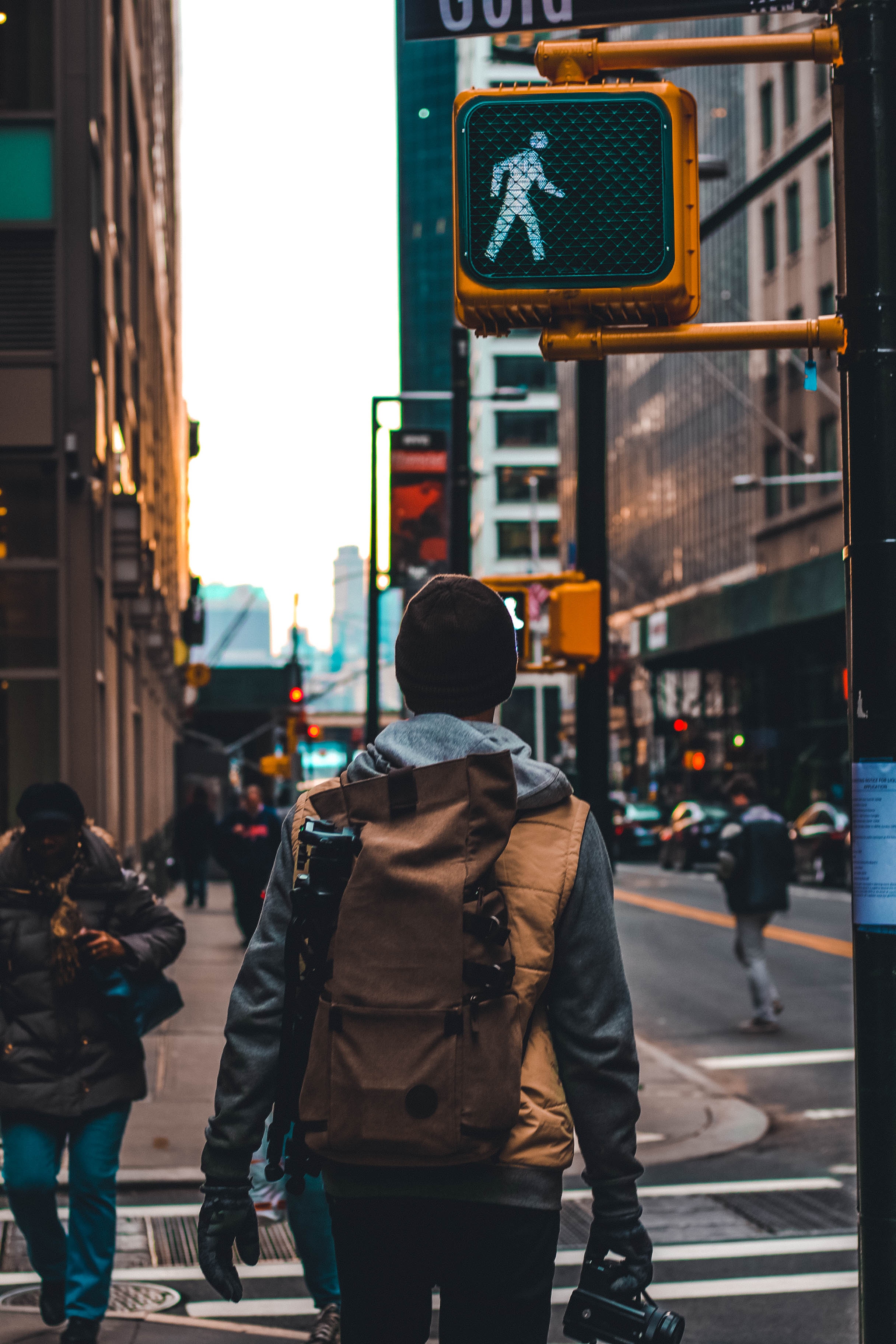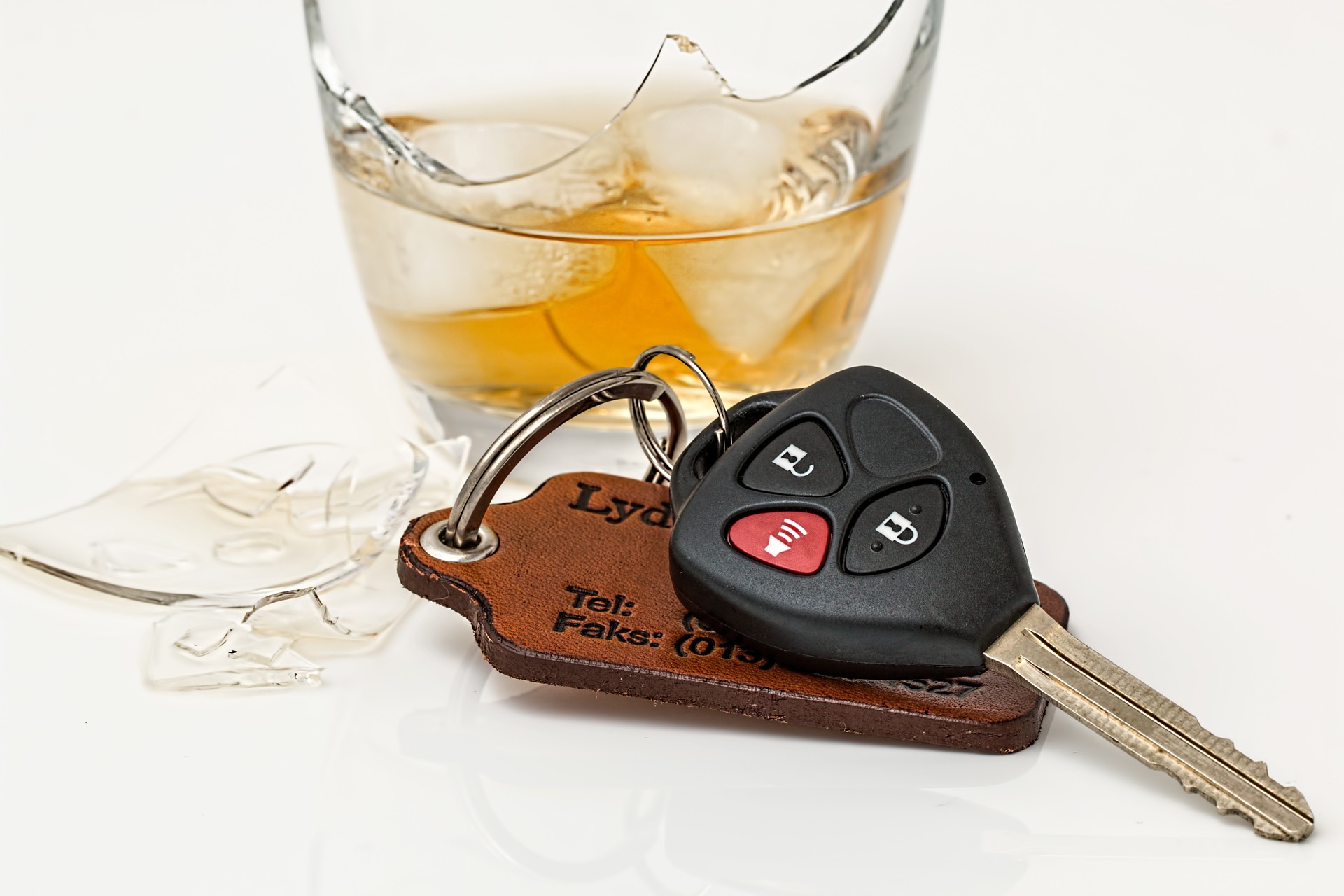From time to time you may drive up to an intersection where the traffic lights are out. Oftentimes this is due to Michigan storms or other electrical interruptions. It’s important to know exactly how to handle these situations for a number of reasons. You want to be ensuring you and other drivers are safe, you want to be following the rules of the road so that you don’t cause an auto accident or receive a traffic ticket, and if you know how to handle an intersection with a traffic signal that is out, you will be in the best position to get to your destination on time, without issue.
MCL 257.649 covers the rules of proceeding through intersections in Michigan.
Subsection (4) provides:
The driver of a vehicle approaching an intersection that is controlled by a traffic control signal shall do all of the following, if the signal facing the driver exhibits no colored lights or colored lighted arrows, exhibits a combination of colored lights or colored lighted arrows that fails to clearly indicate the assignment of right of way, or the signals are otherwise malfunctioning:
(a) Stop at a clearly marked stop line, or, if there is no clearly marked stop line, stop before entering the crosswalk on the near side of the intersection, or, if there is no crosswalk, stop before entering the intersection.
(b) Yield the right of way to all vehicles in the intersection or approaching on an intersecting road, if those vehicles will constitute an immediate hazard during the time the driver is moving across or within the intersection.
(c) Exercise ordinary care while proceeding through the intersection.
This law provides two circumstances where these rules do not apply, as set forth in MCL 257.649(5):
(a) An intersection that is controlled by a traffic control signal that is flashing yellow unless certain events occur, including, but not limited to, activation by an emergency vehicle.
(b) A traffic control signal that is located in a school zone and is flashing yellow only during prescribed periods of time.
Even the Michigan State Police website provides the same information in their FAQ section - to ensure Michigan drivers know the traffic laws and are able to safely drive in Michigan. At the end of the day, knowing the rules of the road can keep you safe and help you avoid car accidents.
If you have questions relating to Michigan traffic laws or Michigan auto accident law, contact The Michigan Law Firm, PC anytime. Our office has personal injury attorneys ready to discuss your legal issue.

































